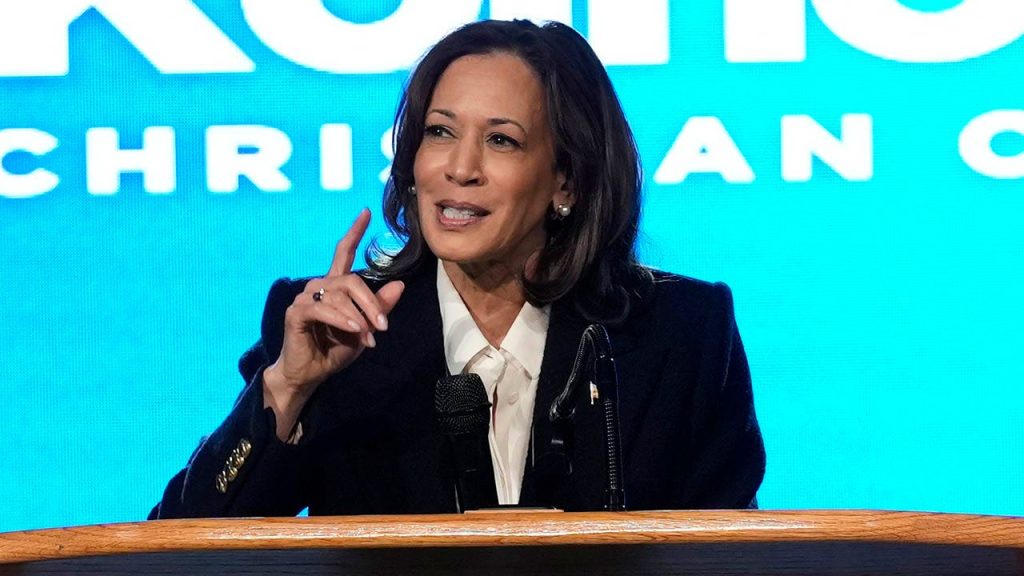Vice President Harris is facing accusations of plagiarism in her 2009 book “Smart on Crime: A Career Prosecutor’s Plan to Make Us Safer,” which was co-authored with Joan O’C Hamilton. Austrian professor Stefan Weber claims to have found 27 instances of plagiarism in the book, including 24 fragments that were allegedly copied from other authors without proper citation and 3 instances of self-plagiarism from a work written with a co-author. Manhattan Institute senior fellow Chris Rufo brought attention to the allegations, pointing out multiple examples where entire sentences and phrases were lifted from sources without using quotations, though some were cited in footnotes.
Upon independent verification, it was found that Harris’ book contains verbatim and near-verbatim reproductions from various sources, including a 2008 NBC News report, a press release from John Jay College of Criminal Justice, a Wikipedia page, and a report from the Bureau of Justice Assistance (BJA). One example cited in the book, related to a strategy implemented in High Point, involved wording that closely resembled a press release from John Jay College. Another example involved details about West Palm Beach, which were similar to those outlined in a report published by BJA in 2000.
As Harris is the 2024 Democratic nominee for president, these accusations of plagiarism have caused a stir in the political realm, especially as she is running against former President Trump, the Republican nominee. The timing of these allegations, less than a month before the election, is significant, especially considering that many polls are showing the race to be within the margin of error in critical swing states. However, both Harris’ campaign and the White House declined to provide comments on the matter to Fox News Digital.
The allegations of plagiarism against Vice President Harris have raised questions about academic integrity and the ethical standards of attribution in writing. The instances highlighted by professor Stefan Weber and Chris Rufo suggest that long passages in Harris’ book were duplicated without proper citation or the use of quotation marks, which is considered a breach of academic standards and the textbook definition of plagiarism. This controversy adds a new layer to the ongoing political discourse surrounding Harris and her bid for the presidency, as well as the larger issue of intellectual property rights and authorship in academic and professional writing.
Plagiarism has long been considered a serious ethical violation in academia and beyond, with consequences ranging from reputational damage to legal repercussions. In the case of Vice President Harris, the allegations of plagiarism in her book raise concerns about transparency and intellectual honesty, especially given her position as a high-profile political figure. The discovery of copied passages from various sources, including news reports and official documents, underscores the importance of proper attribution and citation in written work, as well as the need for authors to uphold the highest standards of academic and professional integrity.
The impact of the plagiarism accusations against Vice President Harris remains to be seen, as they come at a critical juncture in the 2024 presidential election cycle. As the race heats up and tensions escalate between Harris and Trump, these allegations could influence public perception and voter confidence in Harris’ credibility and trustworthiness. Whether these claims will have a lasting effect on Harris’ campaign or political future is uncertain, but they serve as a reminder of the importance of upholding academic and professional standards in writing and research, particularly for those in positions of power and influence. The outcome of this controversy will likely depend on how Harris and her team address the allegations and whether they can provide a satisfactory explanation or defense of the apparent instances of plagiarism in her book.


